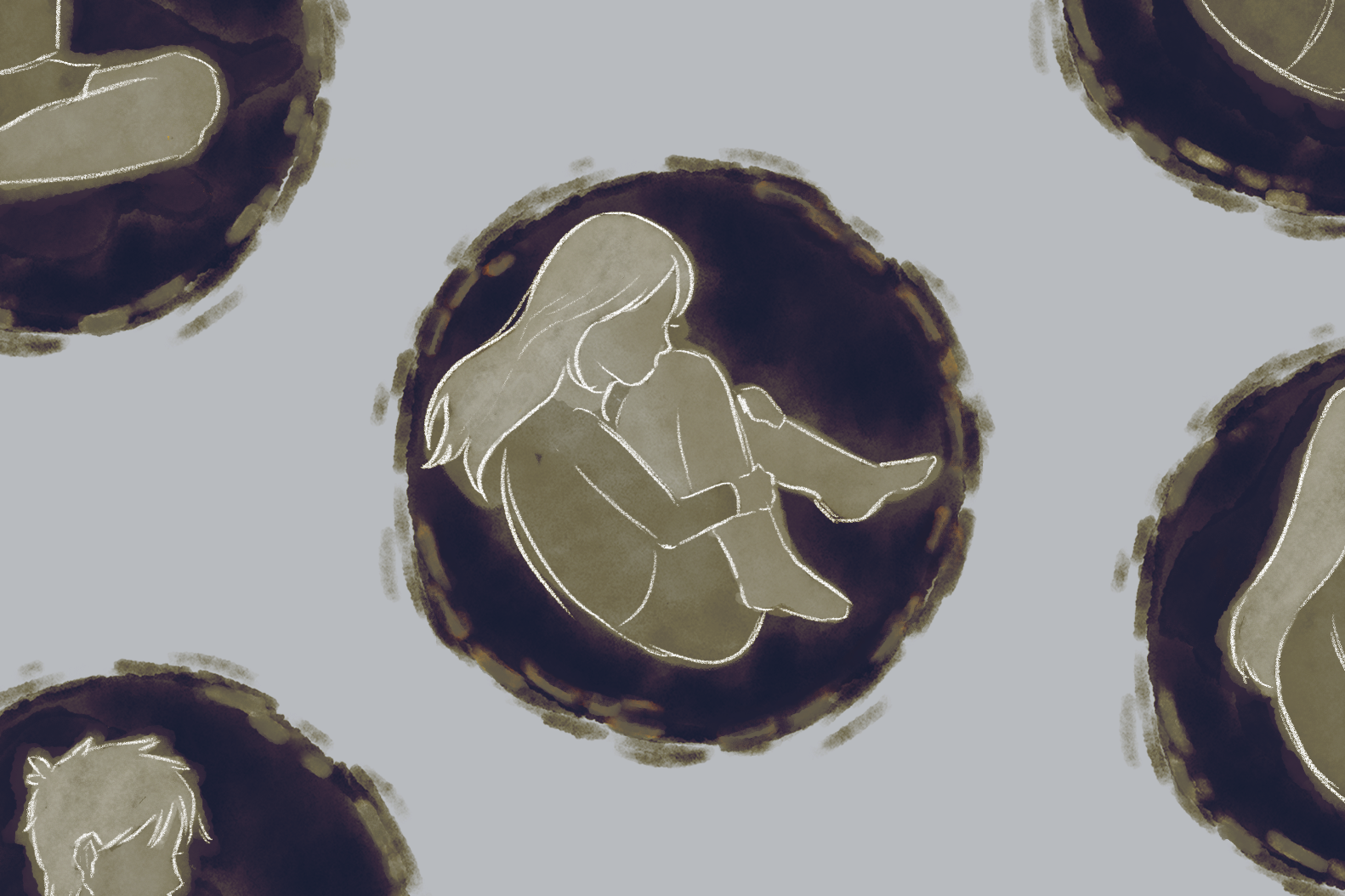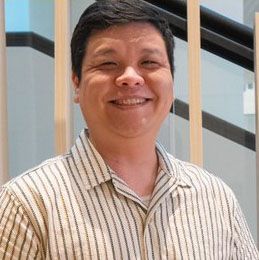In a survey conducted by the Institute of Policy Studies (IPS) earlier this year, more than half of young people aged 21 to 34 said they sometimes feel anxious about talking to people in person and find it easier to communicate online.
This was part of a new survey’s broader finding that young people were more likely to report higher levels of social isolation and loneliness.
Have we become too acquainted with loneliness? Why does loneliness seem so addictive at times? And what is loneliness in the first place?
Personally, it is that feeling that tells me that I don’t have enough people to trust, talk to and spend time with. It is the feeling that I am very much alone in this world.
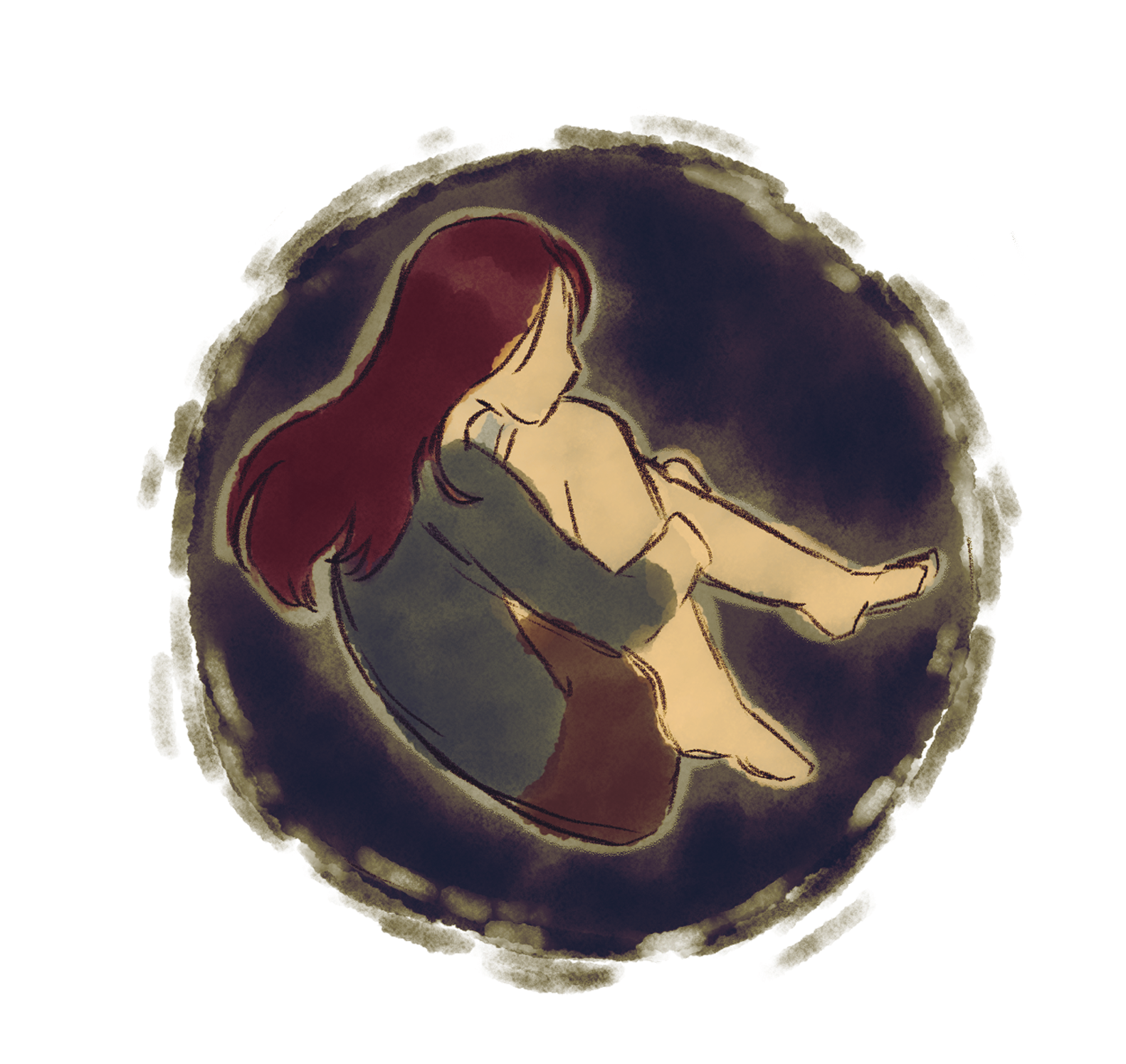
Loneliness was a constant presence in my growing up years. There were many small moments in my life that had contributed to building a personal worldview that actually welcomed loneliness.
- Not getting picked during a game in kindergarten
- Not being invited to a friend’s party when the majority of the class were invited
- Being excluded from a project group after forming the group
Such experiences came to shape the way I saw the world. I believed building a connection with others was always difficult and uncertain. I believed there would be a good chance it would be painful too.
Since trying to be with people was so uncertain, difficult and painful – I figured it was much easier to be by myself.
Being by myself felt safe. No one could do or say things that could hurt me. I did not have to feel rejected, I could remain happy in my own world.
How this looked like, was me being quiet and reserved when I was with people in bigger groups. I would rather watch from the side and observe than be part of conversations.
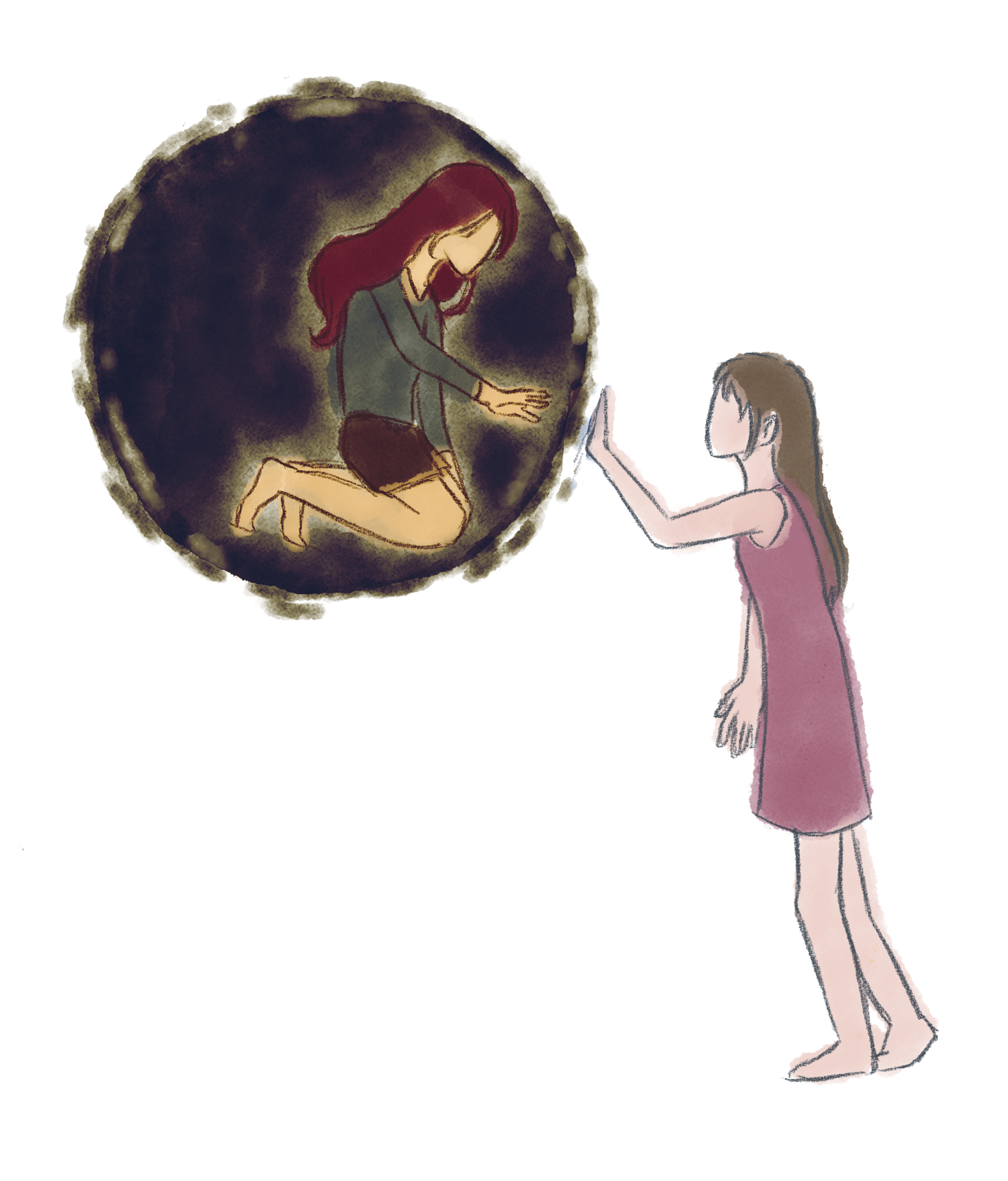
Loneliness was my protective bubble.
Sometimes, I would look out of that bubble and wonder: how come people had friends they could spend time with and talk deeply? How was it that they seemed to be having so much fun with friends, yet I was not able to have such an experience?
Deep down, I desired for friendship too. That desire did lead to some moments where I could connect with others and do fun things with them. I tried. However, connections with other people were largely limited to the school setting, and it had to be initiated by others to get me out of my bubble.
And the very moment I felt that something was not right, I would start looking for signs that I was being rejected, and that I did not fit in.
I generally assumed that I was the problem and that it was easier to just be by myself in my bubble.
Connectivity ≠ connectedness
The journey to loneliness comes in many ways, shapes and forms.
Some of us may feel like we easily hurt others around us, and choose to withdraw. Some of us may feel like we are trying to live up to the expectations of those around us, and we pull back from community.
Or you may feel similar to me: I felt like I just did not fit in, and it was easier to just stay in my own bubble.
And it’s certainly easier to stay in own our bubbles nowadays thanks to technology.
We can easily find entertainment, make arrangements for food, find solutions for problems and even earn money through our phones.
To some degree, we might even feel like our social needs are being met online through engaging in online communities, and we feel safe doing so because of the anonymity that online interactions makes available to us.
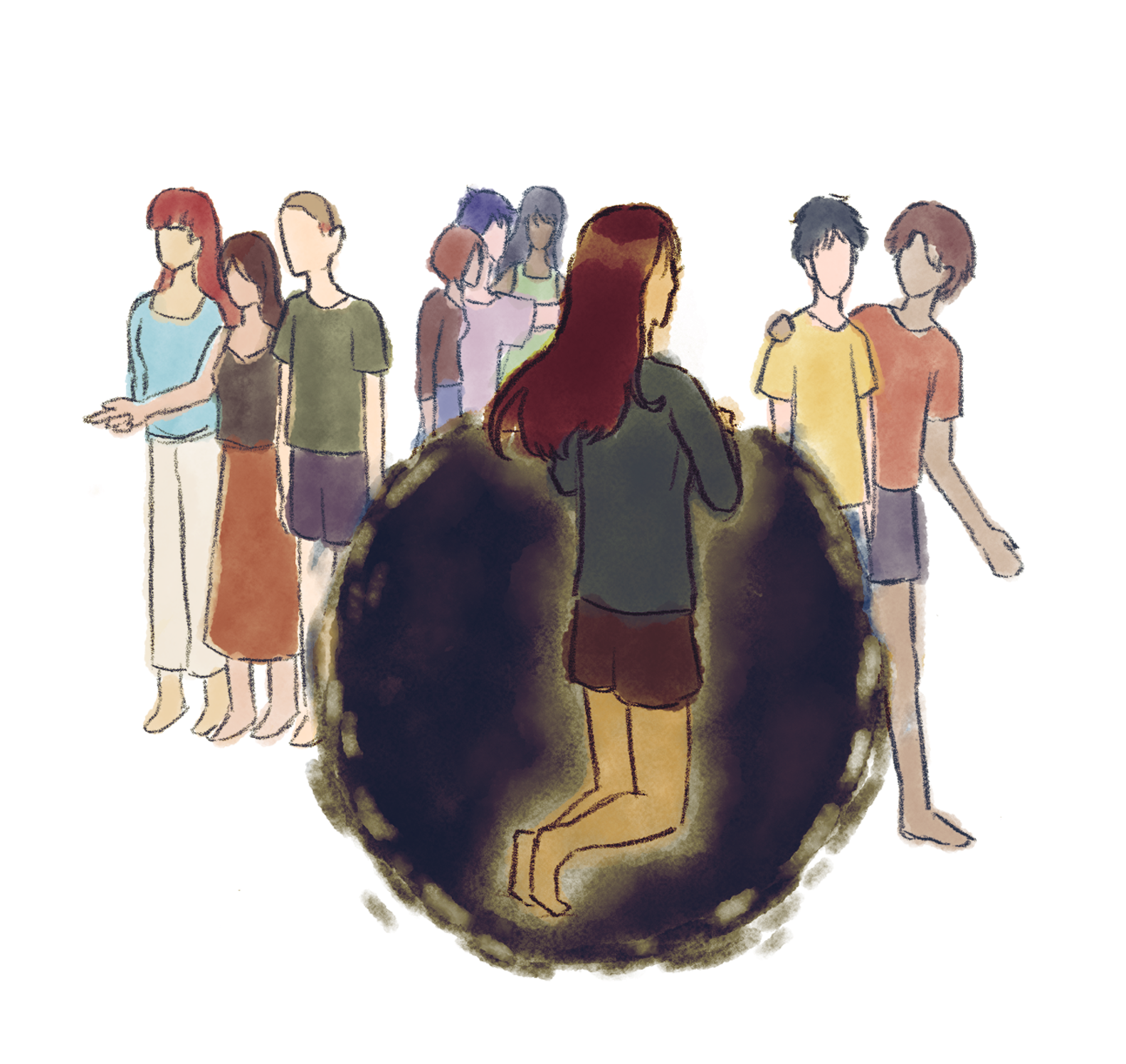
The thing is, our bubbles work until they don’t.
One sign that it’s not working? When there is a need to connect with others, and a great tension arises within you.
This might be when you have to find employment and start interviewing, or when you have to engage with new classmates or colleagues. It might be when you are entering a new relationship. It might be when there are major changes in your life and you need to engage with these changes.
Make sense of what your feelings are saying to you, to recognise more of your underlying thoughts and beliefs.
When these tensions emerge, feelings of trouble and pain might come along with it. I encourage you to hold space for these feelings.
Make sense of what your feelings are saying to you, to recognise more of your underlying thoughts and beliefs. It might even reveal how we see ourselves.
If you have difficulty holding a space for these feelings, you can consider doing it with a friend or a professional.
Loneliness is the “easy” way, but there is a better way
In my journey of connecting with others, there have been many highs and lows. There have been moments of great joy from sharing experiences together and also pain when the connection falls short.
There were times I was excited to connect with others and times I felt like avoiding connecting entirely. In those moments, loneliness is perhaps the “easy” way out. But there is a better way.
Recognising that God loves me, despite who I was, made all the difference. I saw myself as unlovable, but He loved me. I saw myself as someone people distance themselves from, but He drew close and accompanied me daily.
God’s love allowed for a great shift in perspective. I recognised that God, the Creator of heaven and earth, desires a connection with me.
Following Jesus, and learning more about Him and how He sees the people around me, gives me hope that I can see myself and the world through a different lens and respond differently to it.
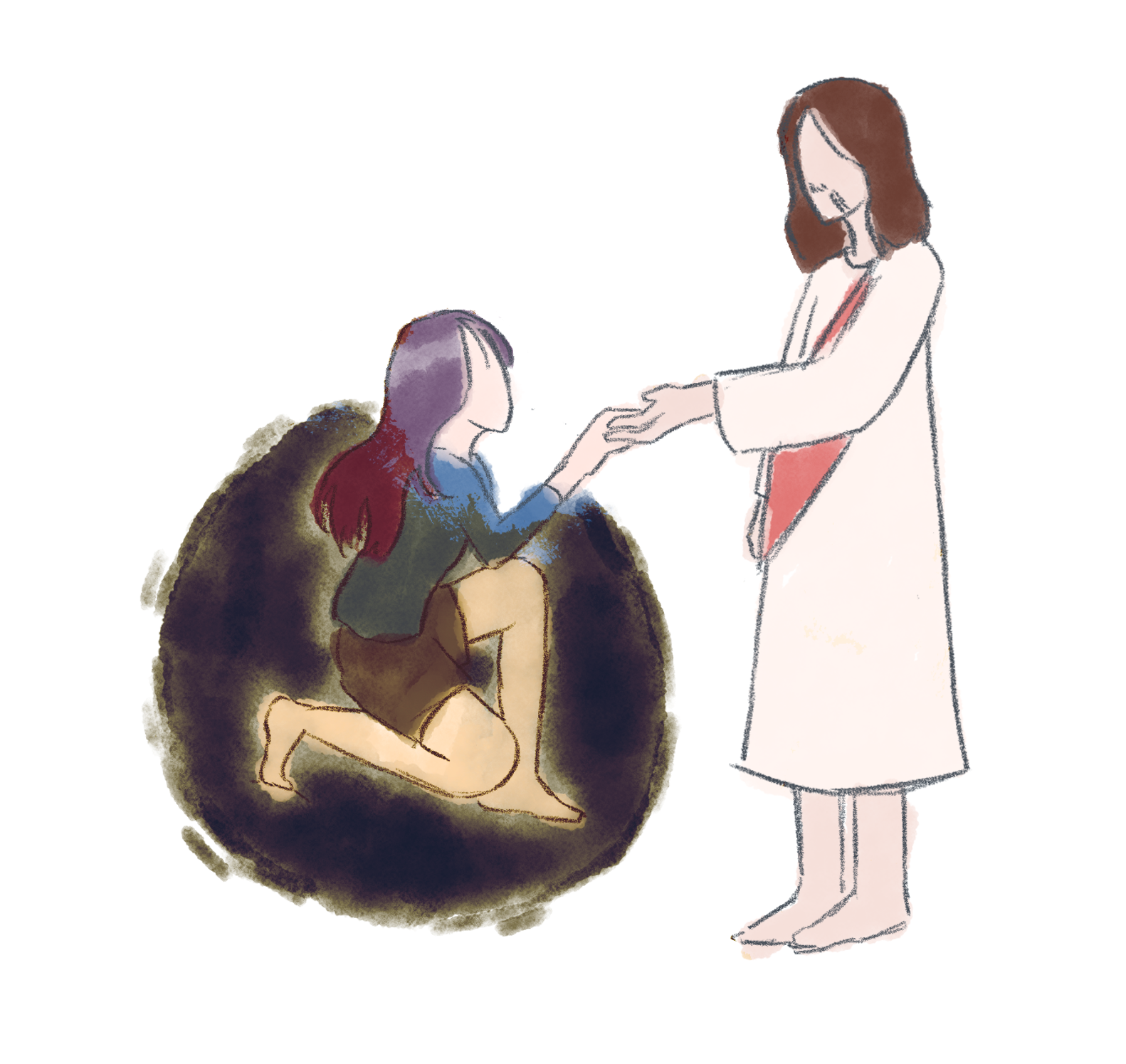
In the end, I arrived at this conclusion – connecting with others brings out our humanity.
We experience a wider variety of feelings, and we do a wider variety of things. We learn to see beyond ourselves and experience what others are going through. We empathise with others in their struggles, and we sharpen each other.
This creates opportunities for us to make a difference in the lives of others. This is why I choose to continue connecting with people, through the good and bad moments in my life.
Where are you, on your journey of being by yourself and connecting to others? How have you been making sense of your journey? Where do you hope to move towards?
Loneliness can be addictive. Being by yourself does provide a sense of safety. Yet, this sense of safety is temporal. I encourage you to consider connection, to be connected and stay connected. We need each other.


